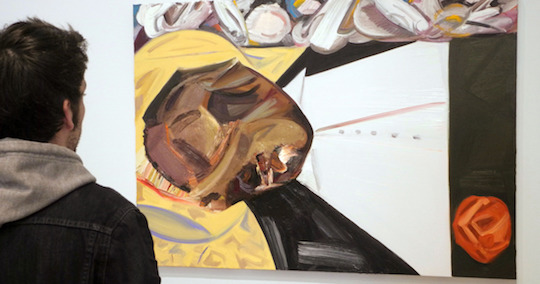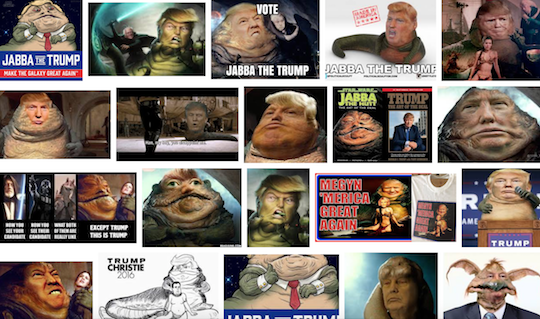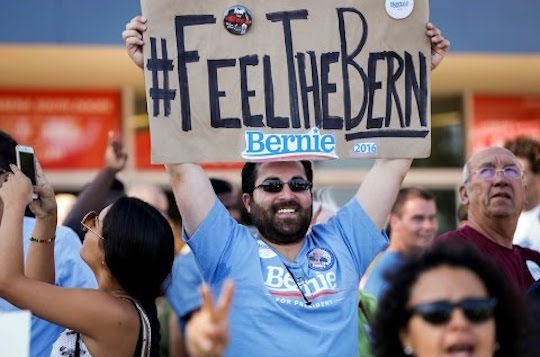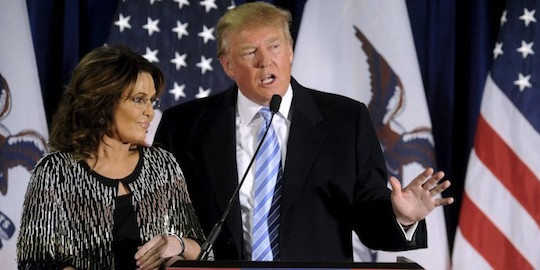Writer and ethicist Kenan Malik has written an editorial for the Times titled In Defense of Cultural Appropriation, but he spends less time defending appropriation than critiquing how we address it. He opens by discussing Hal Niedzviecki, who resigned from the Canadian Writers’ Union magazine Write after publishing a column “defending the right of white authors to create characters from minority or indigenous backgrounds.” The outcry, particularly on social media, was intense. Malik mentions another editor, Jonathan Kay of The Walrus, who was “compelled” to resign after merely tweeting in support of Niedzviecki. These examples imply that we are way too worked up about cultural appropriation, partly because we cannot agree what it is.
Malik’s example of an editor who was pilloried for suggesting that authors should write about people from other ethnic and cultural backgrounds certainly looks like moralism run amok. But he leaves out some important details, including that Niedzviecki wrote his editorial for an issue of Write devoted to indigenous authors. In this context, his call for writers to “relentlessly explore the lives of people who aren’t like you [and] win the Appropriation Prize” reads like a defense of white authorship. It constitutes fair warning to anyone who would interrogate the idea of cultural appropriation: be careful not to argue for privilege in disguise.
Still, I think most people would agree that white authors should write nonwhite characters. It would be racist if they didn’t. But anyone who has read a book before knows authors routinely screw up when they try to write other races, often in ways that reinforce prejudice. We don’t want to say white writers should only write about white people, but we also don’t want to say that every white depiction of nonwhite cultures is just fine. When does art that reflects modern cultural pluralism become cultural appropriation?
What we need here is a definition. Malik cites Susan Scafidi’s claim that cultural appropriation means “taking intellectual property, traditional knowledge, cultural expressions, or artifacts from someone else’s culture without permission.” This definition introduces the fairly obvious question of who could give such permission. If I wrote a letter to Al Sharpton asking permission to write about a black man, A) that would be racist and B) his permission would not be meaningful. No individual can license a culture. Scafidi’s definition of appropriation seems more useful as a negative: Although no one can give permission to use a culture, pretty much anyone can deny permission to use a culture. Cultural appropriation happens when an artist evokes culture in a way that pisses someone off.
That actually seems like a pretty good rule of thumb. If your depiction of another culture has angered someone who identifies with that culture, you probably screwed up. Still, we can’t adopt the idea that cultural appropriation is whatever anyone says it is. We want to be able distinguish between obvious instances of appropriation, like Katy Perry in a geisha costume, and claims of appropriation that might not be made in good faith, such as the Oberlin students who called appropriation on a bad banh mi in their cafeteria.
Bad pan-Asian cuisine my be a crime against gastronomy, but I wouldn’t call it unethical. Putting zucchini in a stir fry is not wrong in the same way as dressing up as an Indian for Halloween. Implicit in our idea of cultural appropriation is that it’s bad because it hurts people. Few would argue that it’s bad because white and nonwhite cultures should stay separate. It might be appropriation when Macklemore makes terrible hip hop, but it’s not appropriation for white kids to listen to Ice Cube. Whatever value we’re trying to protect when we criticize cultural appropriation, it’s not the segregation of cultural products by race.
So what is it? Malik skirts this question and instead argues that trying to stop cultural appropriation will not meaningfully impact systemic racism. That might be true. Stopping your uncle from saying the n-word at Christmas won’t meaningfully impact systemic racism, either, but it’s nice. Malik cites the example of Elvis Presley, who became famous playing the same “race music” radio stations refused to air when Chuck Berry played it. That was surely an injustice, but stopping it wouldn’t have changed Jim Crow, Malik argues. He’s not wrong. But it does seem wrong that a white man could make a fortune playing black music when a black man could not.
We need to put our finger on what’s wrong with that, if our discussions of cultural appropriation are to have any meaning. It can’t just be that white people aren’t allowed to do black stuff. That too closely resembles the old system. Neither can we conclude that white people are allowed to do whatever, for the same reason. I find the topic of cultural appropriation endlessly interesting, because it keeps pitting contemporary values against each other.
We want to live in a plural society, where traditions from different cultures come together to create an American culture that we all own together. But we also want members of nonwhite groups to retain ownership of their own cultures, if for no other reason than that so much has been taken from them already. I don’t know how to reconcile these competing values. I suspect we will keep arguing about it.





